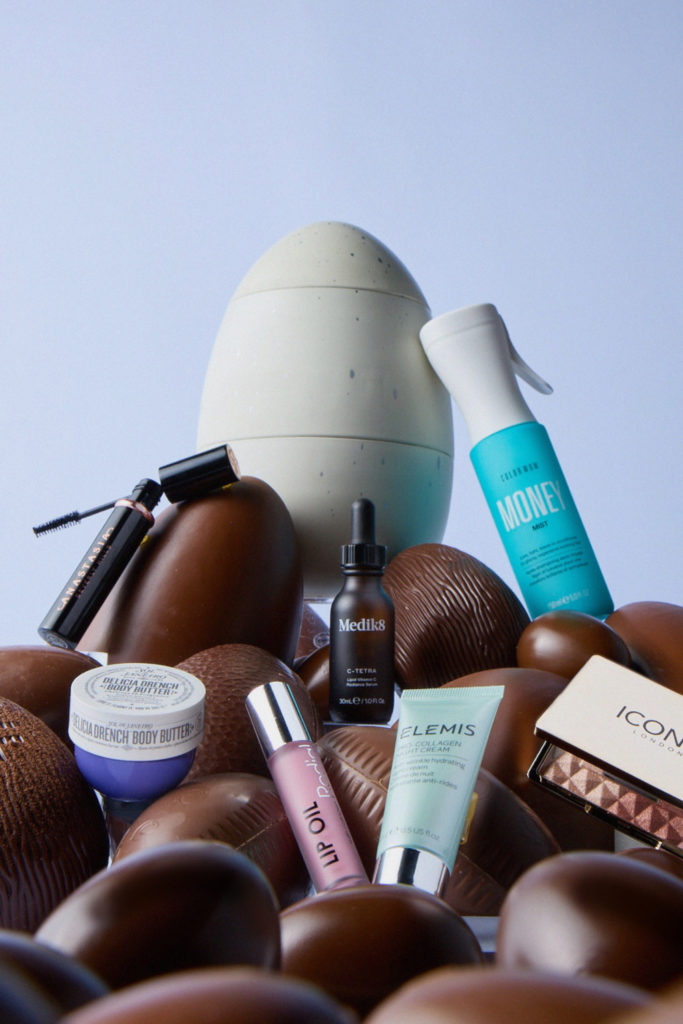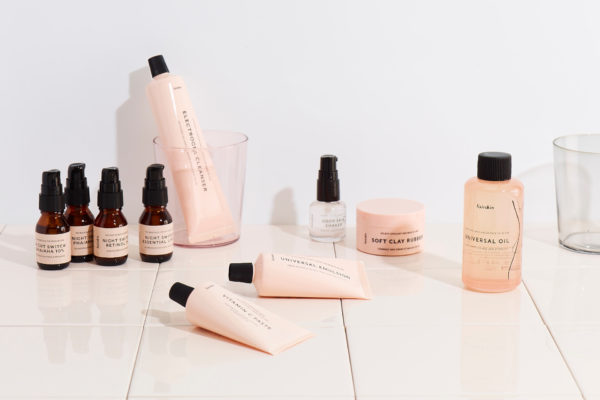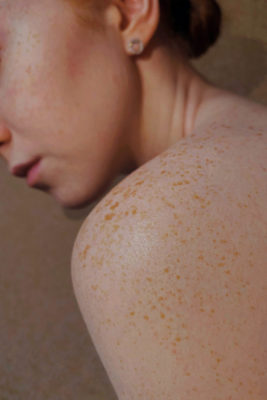
The Clocks Go Back This Weekend – Here’s How It Can Impact Your Skin
By
6 months ago
Your timely skincare guide
The clocks are set to change this weekend – and most of us are looking forward to an extra hour in bed. But while some people welcome the lighter mornings, the change can also have a huge impact on our skin health thanks to fluctuating sleep patterns. So, how does the clocks going back impact our skin – and how can we avoid unwanted flare ups? We ask the experts.
How Does Daylight Savings Impact Our Skin?
While the clocks changing doesn’t have a direct impact on our skin, the damage it does to our sleep routine certainly does. ‘Sleep disruption, particularly from a change in routine such as the clocks going back, can lead to stress on the body, which directly affects the skin,’ explains Rebecca Elsdon, advanced skin specialist and owner of the re/skin clinic, partnered with global beauty and wellness brand Fresha. ‘Poor sleep disrupts the body’s natural circadian rhythm, which governs skin regeneration. Insufficient sleep can also cause increased levels of cortisol (the stress hormone), which breaks down collagen and elastin, leading to premature aging (fine lines and wrinkles), increased inflammation and a weakened skin barrier, making skin prone to irritation, dehydration, and breakouts. It can also cause a reduced blood flow to the skin, leading to dullness and an uneven complexion.’
And getting used to a new sleep routine – caused by something like the clocks changing – can exacerbate the skin issues outlined above. ‘While each person is different, it typically takes around a week for the body and skin to fully adapt to a time change,’ says Rebecca. ‘During this period, the disruption in circadian rhythms can impair skin’s recovery processes. It’s important to focus on habits and products that support this transition.’

(c) Cottonbro, Pexels
Skin Tips: What To Do When The Clocks Go Back
So, what can we do to combat seasonal skin changes? Rebecca shares her tips and tricks below:
Focus On Hydration
‘The most common skin issue during this period is dehydration, as sleep disruption can make skin lose moisture more easily,’ Rebecca explains. ‘Use a good moisturiser with ingredients like ceramides to strengthen the skin barrier. Sleep masks or overnight treatments with products containing peptides, niacinamide, or antioxidants will help support skin regeneration while you sleep. Eye creams will also reduce puffiness and brighten dark circles, but make sure to look for strong ingredients such as caffeine.’
Use Vitamin C At Night
Another ingredient to look out for is vitamin C, Rebecca tells us. ‘Vitamin C brightens and fights against premature ageing, but many people only use it during the day. Antioxidant serums containing vitamin C or resveratrol can help combat the oxidative stress caused by poor sleep.’
Establish A Calm Bedtime Routine
It’s not easy, but getting quality sleep can make a world of difference for your skin. This makes cultivating the right resting space all the more crucial at a time when we might experience fluctuating sleep – like when the clocks go back or forward. ‘Winding down at bedtime will help the body relax and get into a better sleep pattern,’ agrees Rebecca. ‘Blue light management before bed in particular, by avoiding screens or use a blue light filter, will reduce the impact of screen time on circadian rhythms. Look to adjust your sleep schedule by 15 to 30 minutes in the days leading up to the clock change to help your body regulate more smoothly.’
Hack Your Diet
You can also use your diet to benefit your sleep. ‘Look to consume foods rich in omega-3 fatty acids (salmon, chia seeds), as this can help combat inflammation,’ highlights Rebecca. ‘Foods rich in vitamin C can also support collagen production, which will give your skin a nice boost.’
Strengthen Your Skin’s Defences
‘Breakouts can appear or worsen as the stress-induced hormonal fluctuations from poor sleep and can trigger acne flare-ups,’ Rebecca tells us. ‘You can also experience an increased sensitivity, where the skin may become more reactive or prone to redness. Choose a mild, hydrating cleanser that doesn’t strip your skin of its natural oils to repair your skin barrier. Look for ingredients like chamomile and glycerin for a soothing touch, and make sure to avoid exfoliation until your skin has calmed down.’
Featured image: Cottonbro, Pexels










